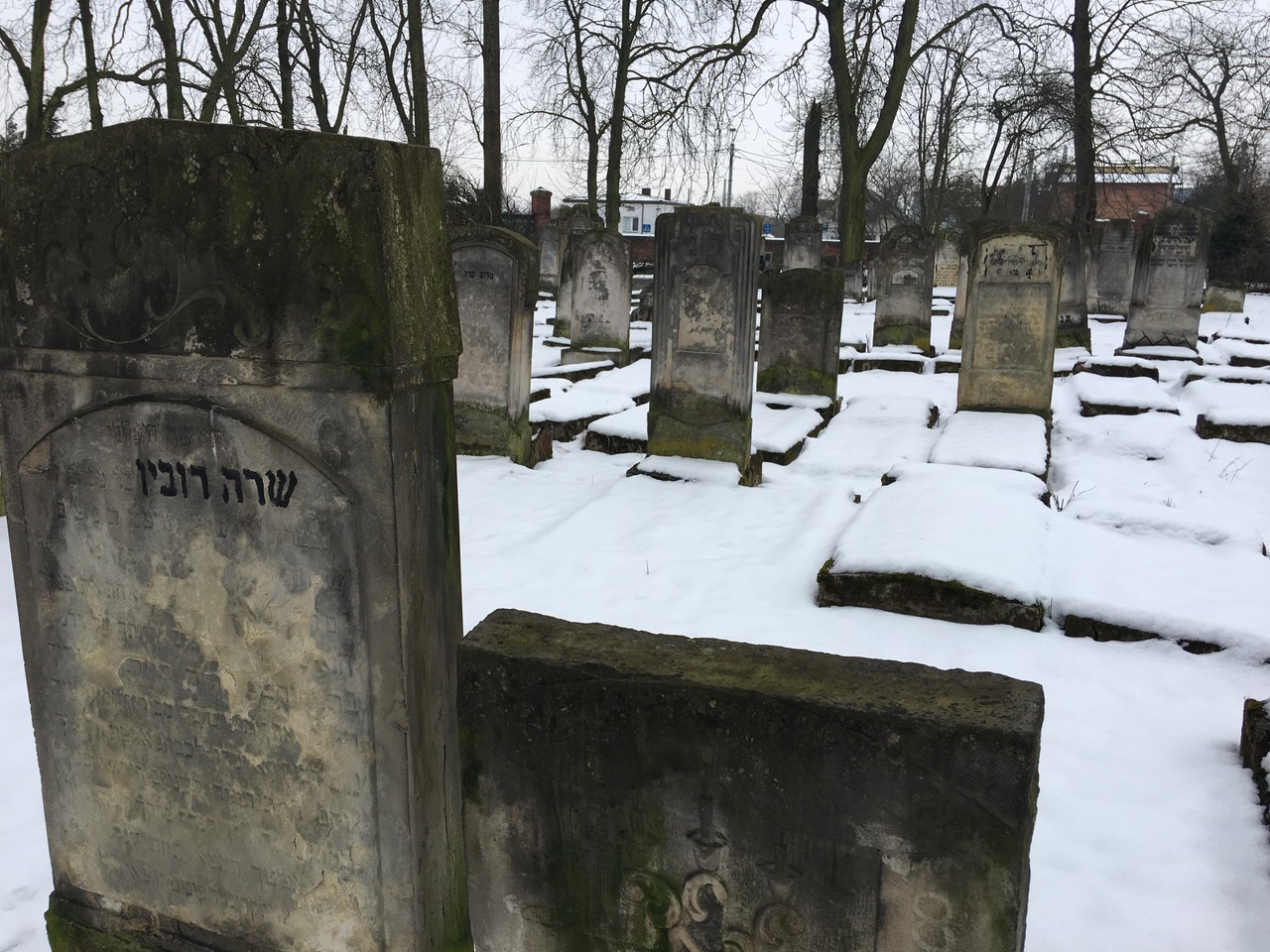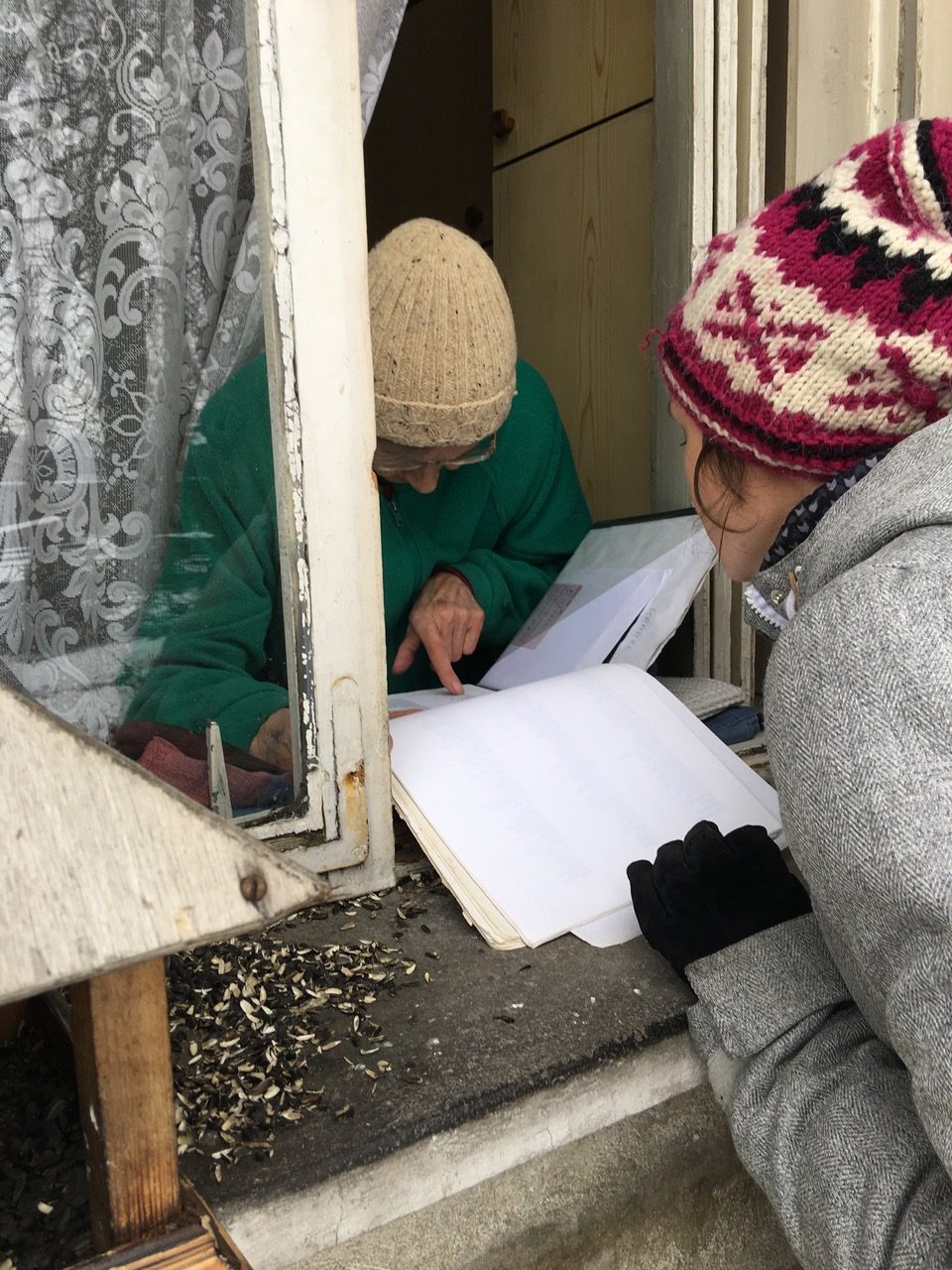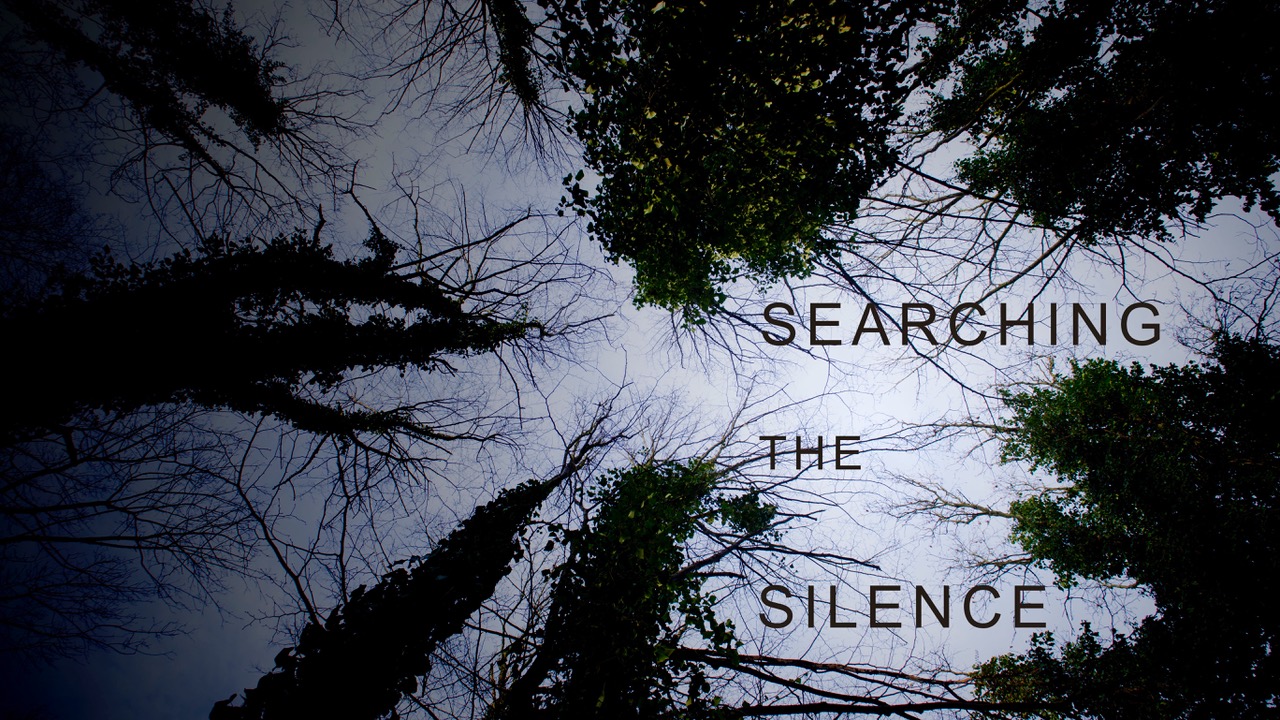
Searching the Silence
The history of the Jews in Poland is unique both for the Jewish people and their Polish hosts. For almost 1000 years, Poland was the only major Eu-ropean country that allowed Jews to settle, to form and develop their own communities, and further both culture and language (Yiddish).The auto-nomy that the Jewish people enjoyed in Poland was unique. Further, Jews were not restricted to areas of work that were forbidden for Christians (money lending, banking). In the Polish Jewish world , a Jew could be a baker, a carpenter, a lawyer. The Polish nobility saw the Jews as an im-portant economic factor, and saw no need to discriminate against them. Perhaps the Polish peasantry felt differently, nevertheless , this became the European country where the Jews felt that they belonged- the land where they would dwell “Polin”. Polin was the name that Jews gave to Po-land- “here we will stay”.
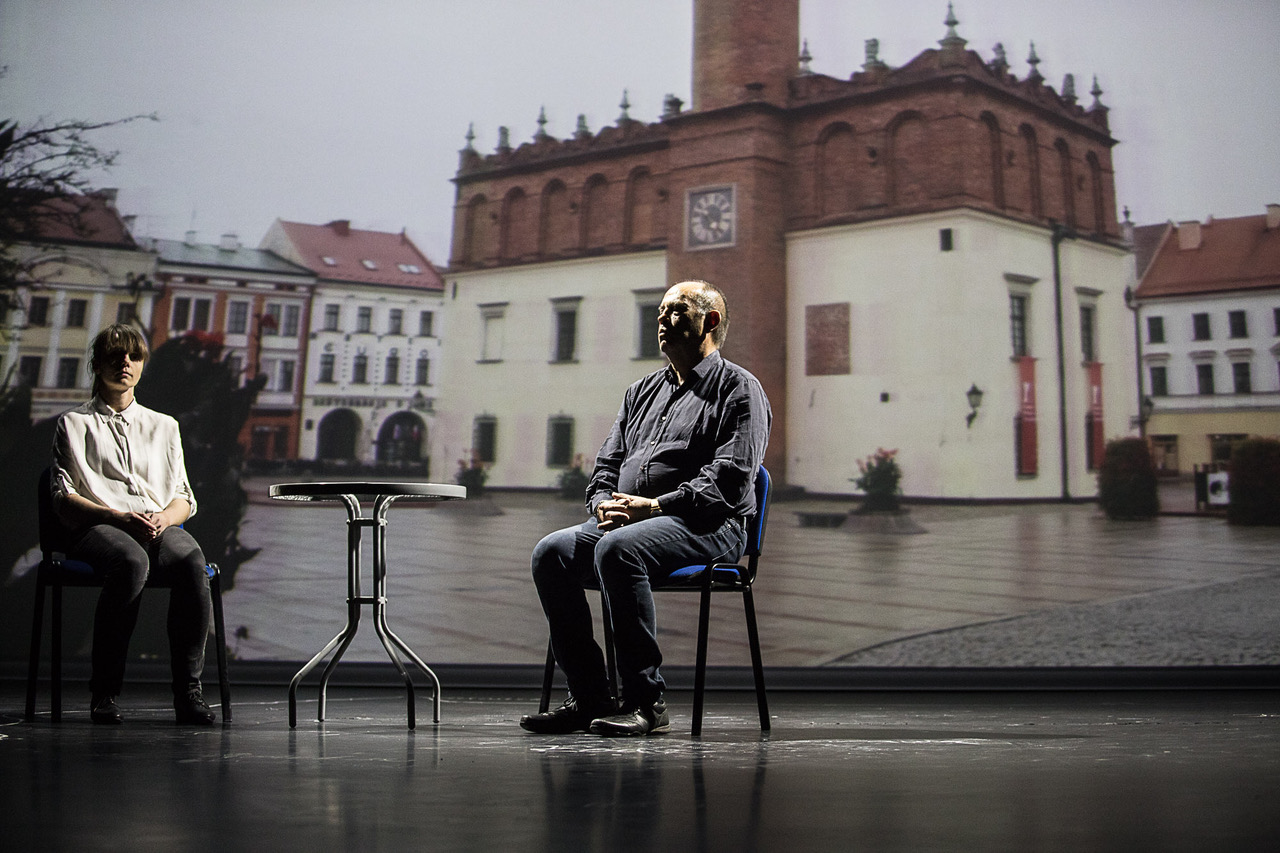
The holocaust , with the Nazi extermination of more than 3 million Polish Jews , made it painfully clear that 1000 years of settlement , provided no guarantee that here indeed was a place to dwell. Not only did the Nazis murder millions, but they eliminated a culture, a language, and suppressed and uprooted a complex historical tradition.
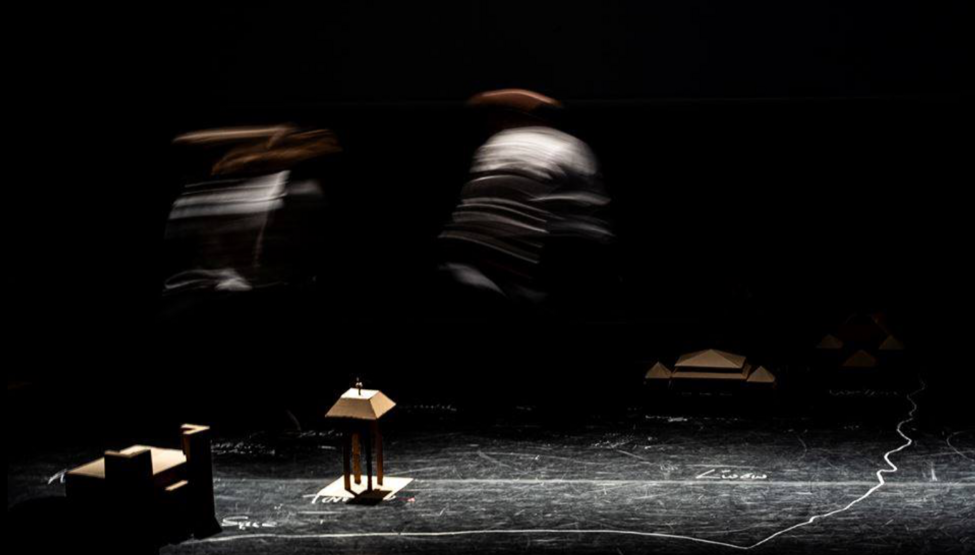
Quoting the British commentator Daniel Finkelstein:
The Nazis wanted to eradicate a people so it was both dead and forgotten. Preserving what they attempted to destroy and forced the Jews to abandon is part of the work of renewal and resistance. It’s an act of defiance.
Lucy Dawidowicz discovered an enormous horde of Jewish documents after the war in Offenbach Germany, she began to identify those that be-longed to YIVO-The Institute for Jewish/Yiddish research:
‘I had a feeling akin to holiness, that I was touching something sa-cred,’ she wrote in her memoir of her YIVO experience, “From That Place and Time:” ‘Every surviving book from that world had become a historical document, a cultural artifact, specimen, and testament of a murdered civilization.’
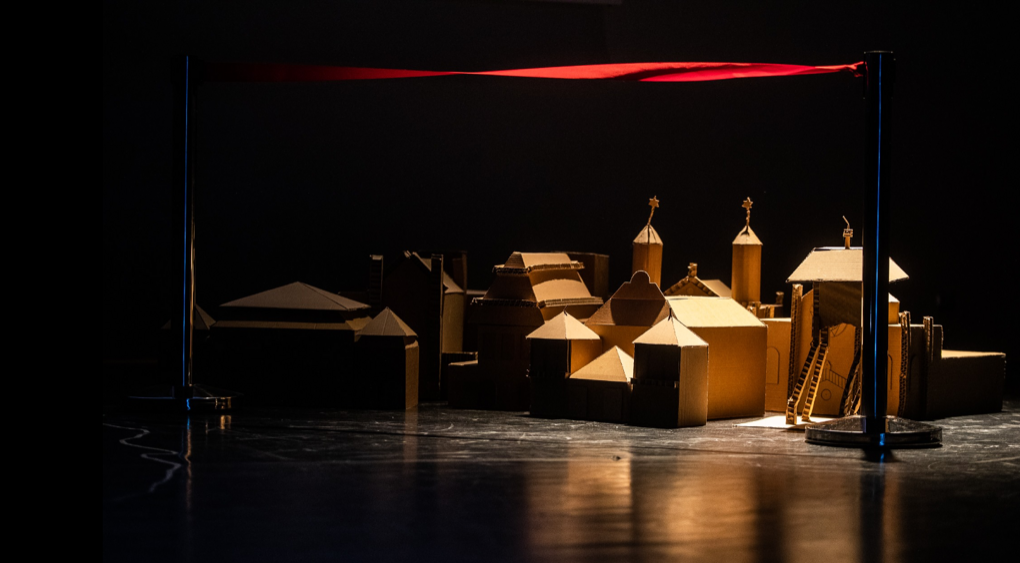
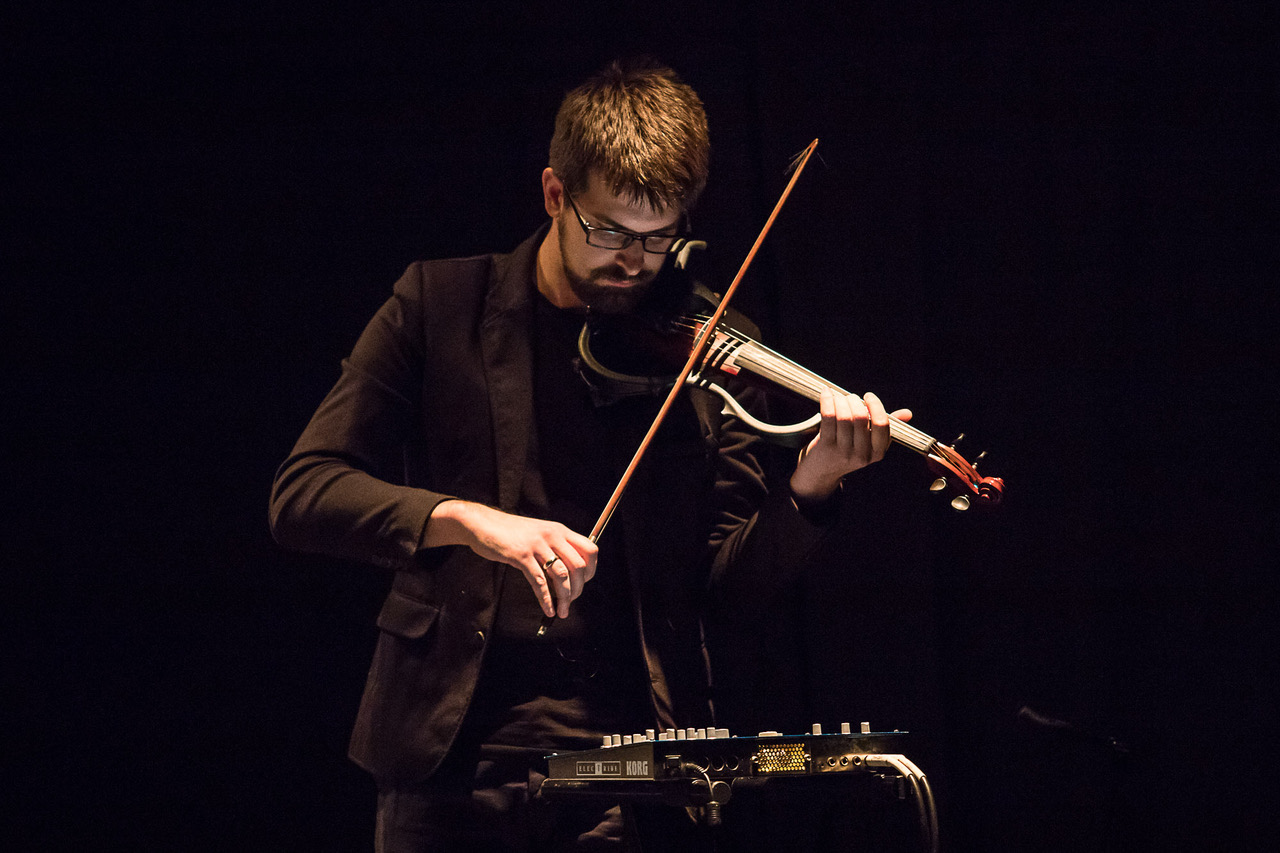
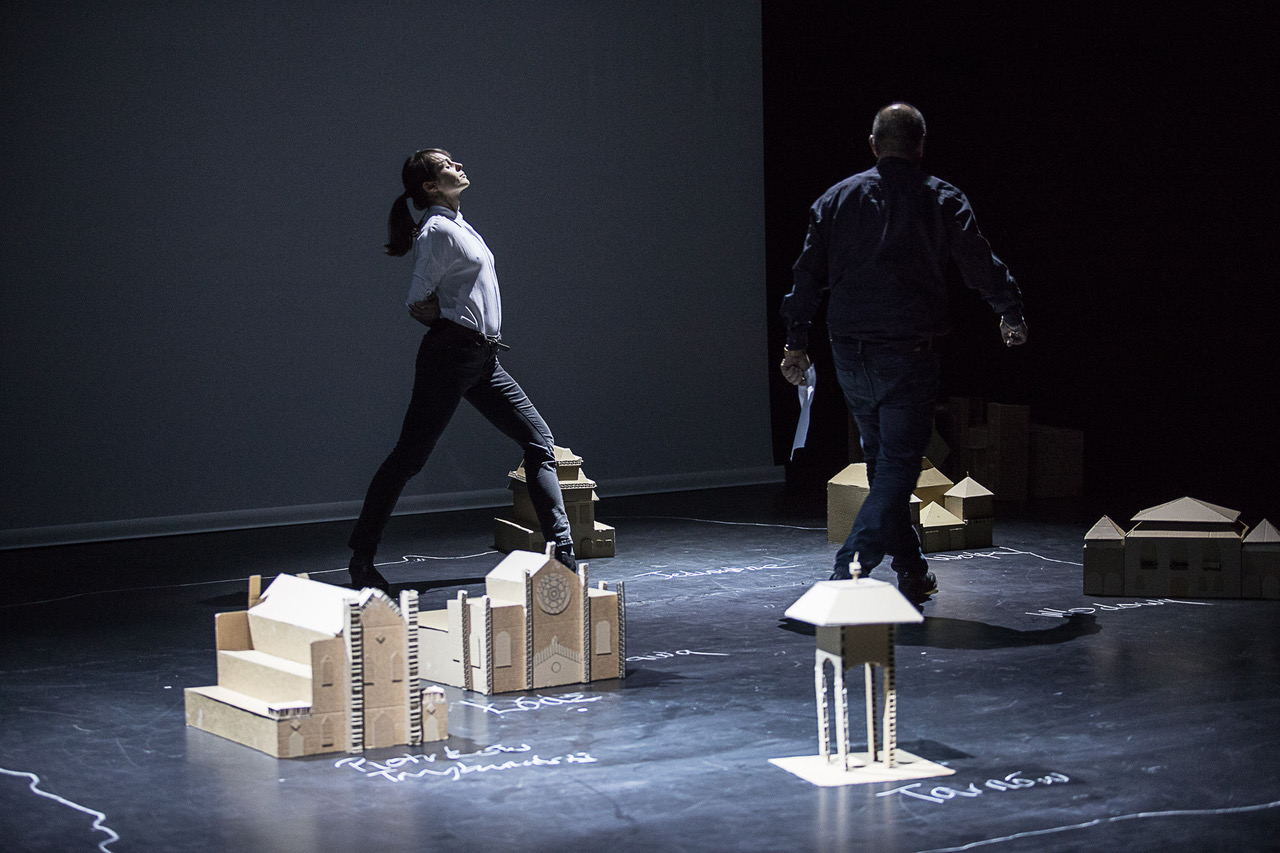
Brian Michaels August 2019
Participants:
Brian Michaels: Text and Performance, UK
Kasia Gorczyca: Dance and Performance, Poland
Maciej Klich: Music, Poland
Jakub Urbański: Film, Poland
